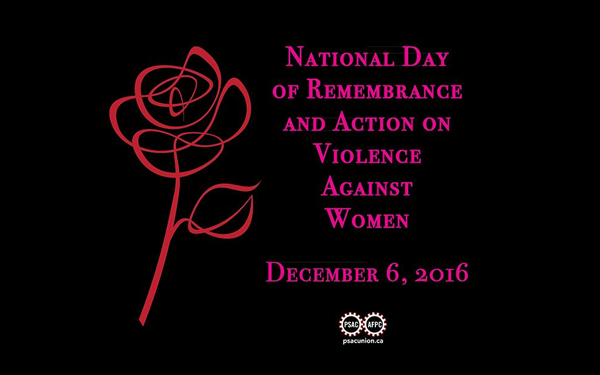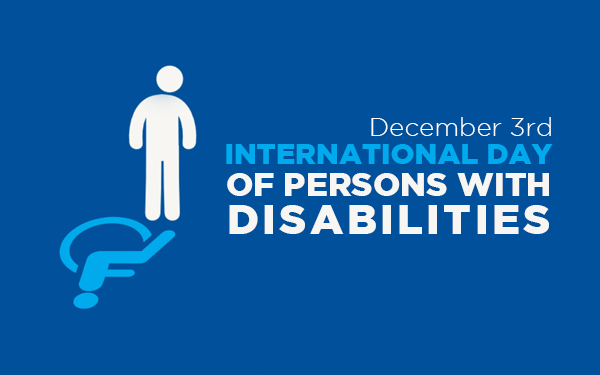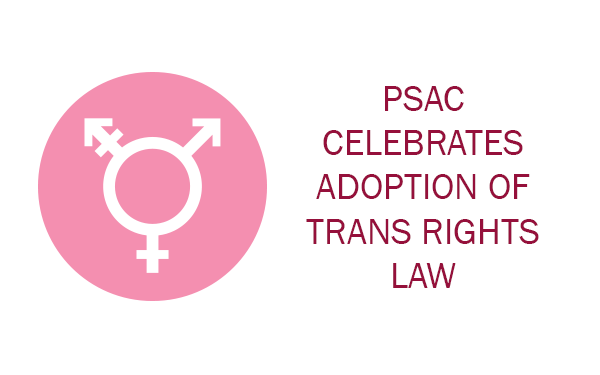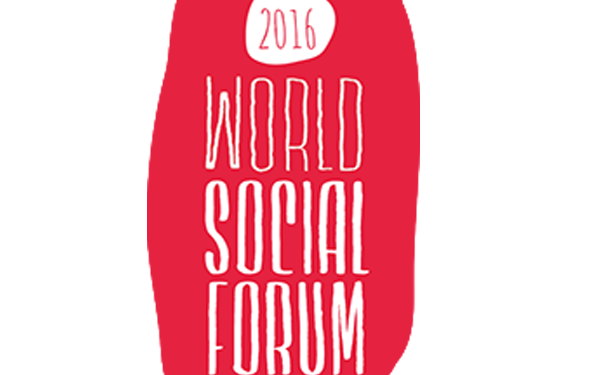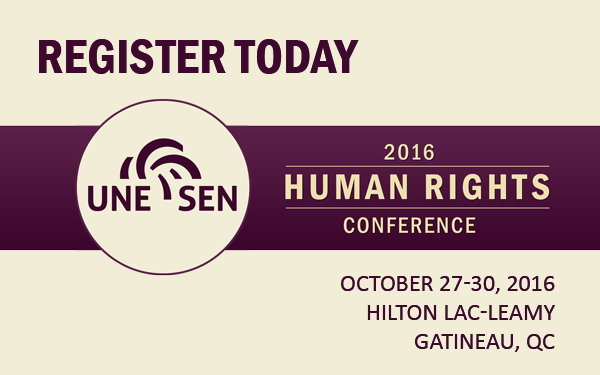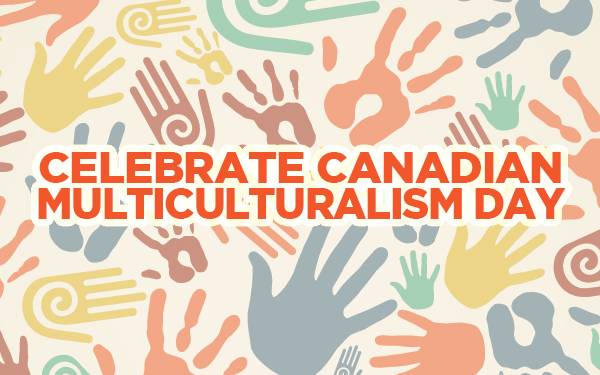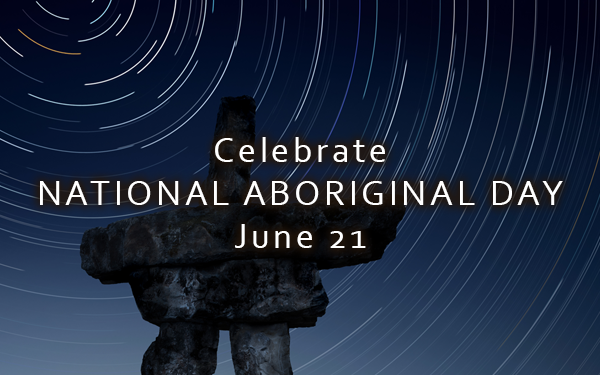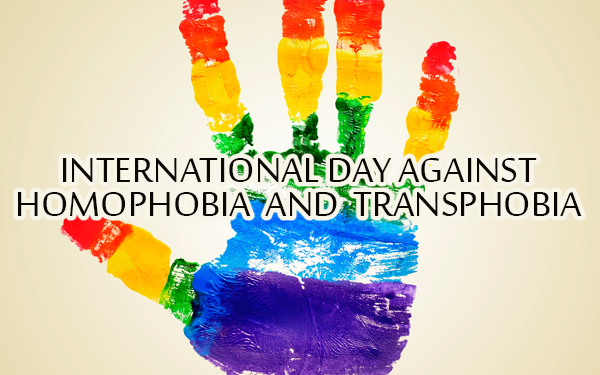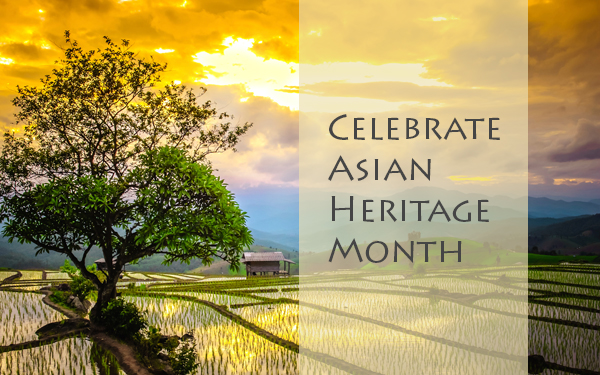PSAC works to end violence against women
On this National Day of Remembrance and Action on Violence Against Women, PSAC renews our commitment to eliminate all forms of violence against women.
December 6 marks the anniversary of the Montréal Massacre, where 14 young women were killed at École Polytechnique on December 6, 1989.
PSAC is calling on the Government of Canada to establish a national action plan to end violence against women. Our union is also developing a domestic violence education training program, after members voted to make this happen at the 2015 Triennial National Convention.
Workplace accommodation needed
In December 2015, PSAC brought women together at a forum on domestic violence and the workplace where participants discussed:
• Workplace accommodations and collective agreement language to help women experiencing domestic violence.
• The potential for legal action and law reform.
• The need to develop policies and programs to help end violence against women.
PSAC is also working to ensure that the National Inquiry into Missing and Murdered Indigenous Women and Girls remains a priority on the federal government agenda.
“The safety and dignity of all women and girls is a priority for our union,” said Robyn Benson, PSAC National President. “We are committed to ending violence against women. And until we get there, we will continue our work for increased support for survivors and better understanding of the impact of domestic violence on work and the workplace.”
